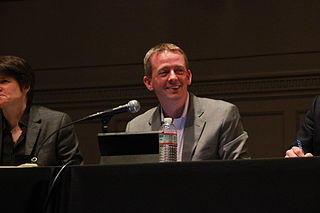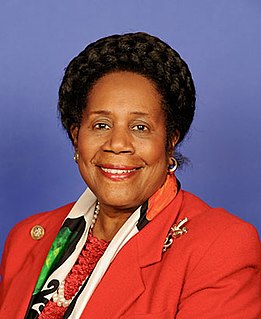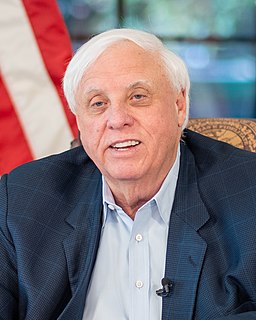A Quote by Kirsten Green
Last-mile efficiencies is a big trend. It's something that consumers have demonstrated that they want and existing businesses are trying to figure out and new businesses are rising up to.
Related Quotes
If you look at America, one of the great strengths of America is its university towns and the way a lot of their businesses and a lot of their innovation and enormous economic growth have come from reducing that gap, getting those universities directly involved in start-up businesses, green field businesses, new development businesses.
My new mission is, and I've said this to the White House, I want the Buy America to be real. I want the Buy America to be by small businesses, African American businesses, Latino and Asian, but in particular our African American businesses who heretofore couldn't even find the front door of government contracts.
I'm not interested in, you know, turning the clock back or pointing fingers, but I am interested in trying to figure out how we come together to chart a better way forward and one that will restore confidence in, you know, small and medium-size businesses and consumers and begin to chip away at the unemployment rate.
When the government takes more money out of the pockets of middle class Americans, entrepreneurs, and businesses, it lessens the available cash flow for people to spend on goods and services, less money to start businesses, and less money for businesses to expand - i.e. creating new jobs and hiring people.
The great virtue of free enterprise is that it forces existing businesses to meet the test of the market continuously, to produce products that meet consumer demands at lowest cost, or else be driven from the market. It is a profit-and-loss system. Naturally, existing businesses generally prefer to keep out competitors in other ways. That is why the business community, despite its rhetoric, has so often been a major enemy of truly free enterprise.



































